.png)
Gfeller Lab members
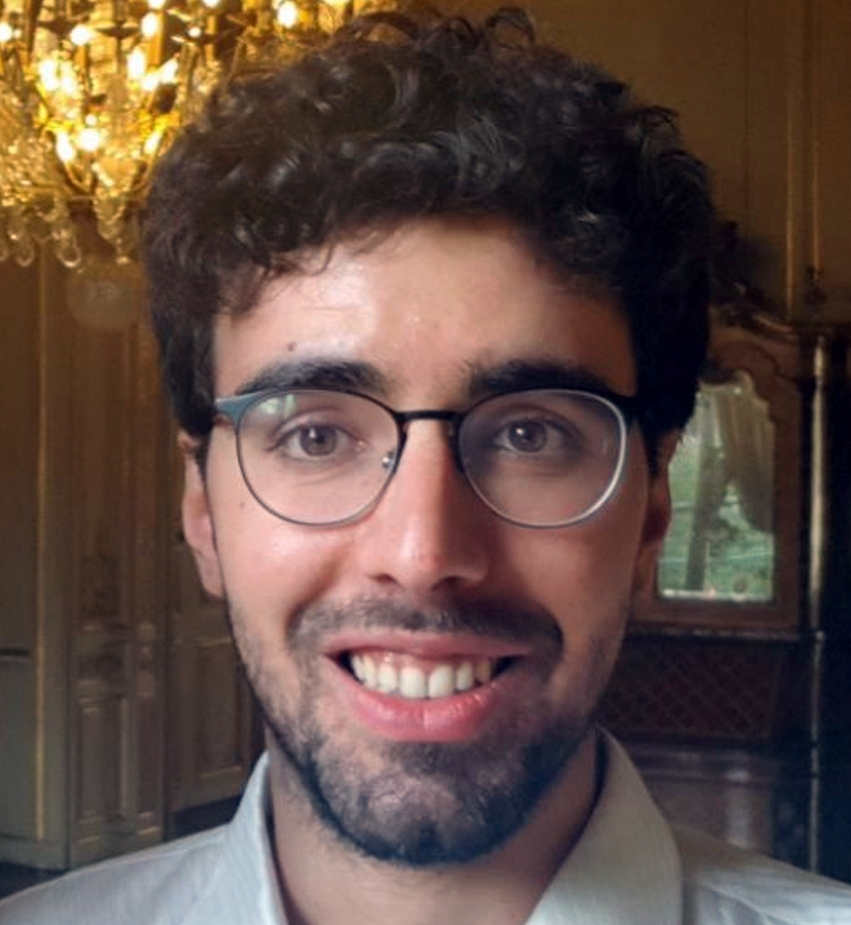 |
Postdoctoral researcher |
Research interest
I’m currently a postdoctoral researcher & Marie Curie fellow in the Gfeller Lab. My work centers on developing data-driven approaches to model and predict the interactions between T cells and cancer epitopes. Accurate predictions can narrow down the list of T cell candidates for personalized cancer immunotherapies, and significantly accelerate cancer immunotherapy clinical developments.
Background
I completed my PhD within the Martin Weigt Statistical Genomics and Biological Physics Lab at Sorbonne University, Paris in 2019. A fundamental question in computational biology is how to extract the key properties of a protein from its amino acid sequence. By combining tools from machine learning with up-to-date approaches from statistical physics, I developed sequence-based computational tools to model and predict protein structures, interaction networks and evolutionary dynamics. Prior to my PhD, I completed a BSc at the University of Pavia (Italy) and an MSc at the Ecole Normale Supérieure, Paris in theoretical and statistical physics.
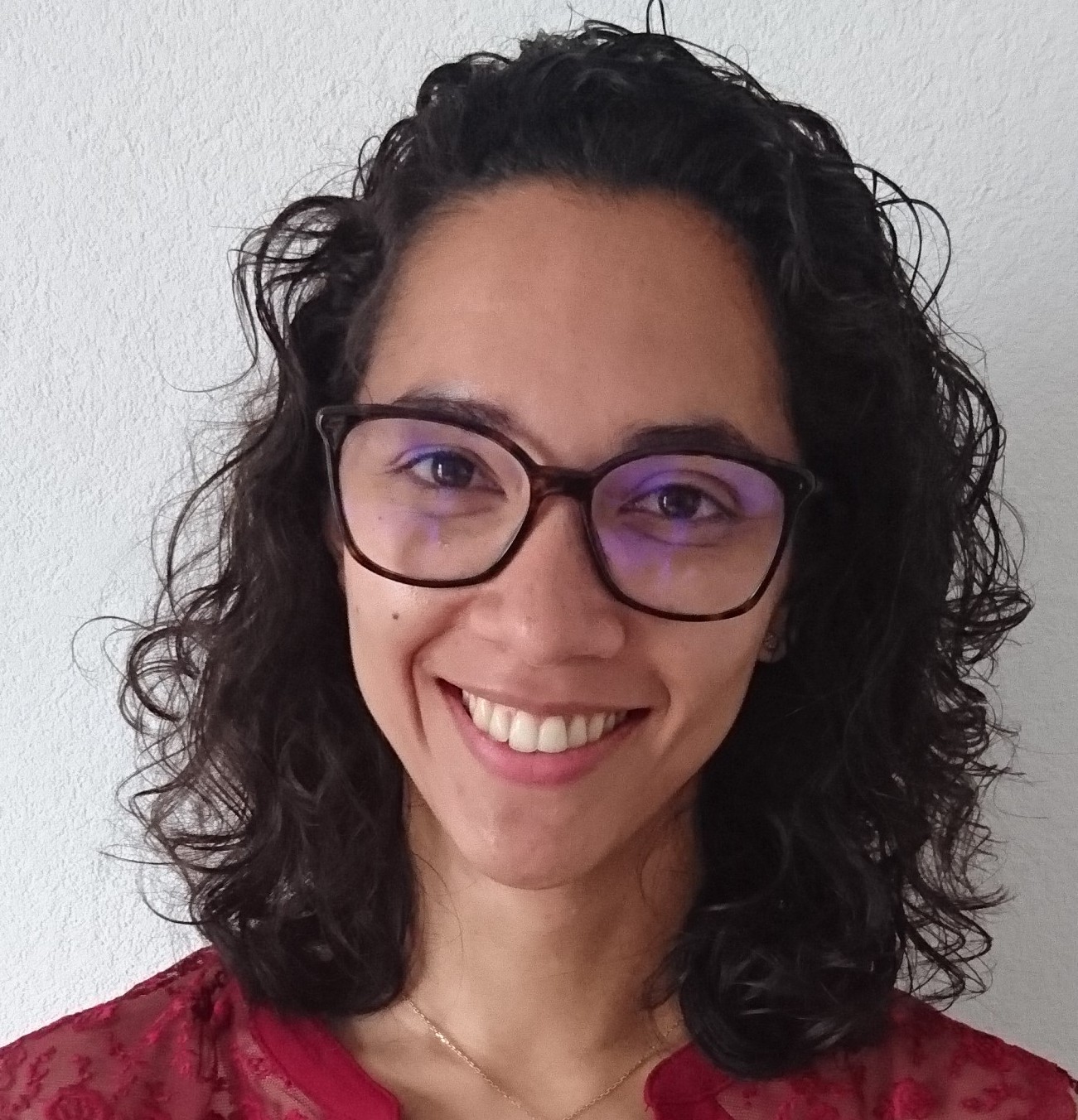 |
Postdoctoral researcher |
Research interest
To expand my background on cancer genomics and motivated by my interest in immuno-oncology, I joined the lab of Pr David Gfeller in March 2021 as a postdoctoral researcher. I work on computational methods for the analysis of cellular diversity in tumors. These include immune deconvolution methods predicting the cellular composition of bulk samples and methods simplifying and improving the analysis of single-cell datasets which have enabled to study tumor heterogeneity with high precision in the past years.
Background
I graduated in 2017 from INSA Lyon, where I specialized in bioinformatics. During that time, I undertook two internships in cancer research, at the Synergie Lyon Cancer bioinformatics platform and at IARC-WHO, during which I analyzed next generation sequencing data (WGS ,WES). I then completed a PhD in oncogenomics under the supervision of Dr McKay and Dr Foll at IARC-WHO, in the Genetic Cancer Susceptibility group. My work consisted in integrating somatic and germline multi-omics data to improve our understanding of lung cancer, using computational biology.
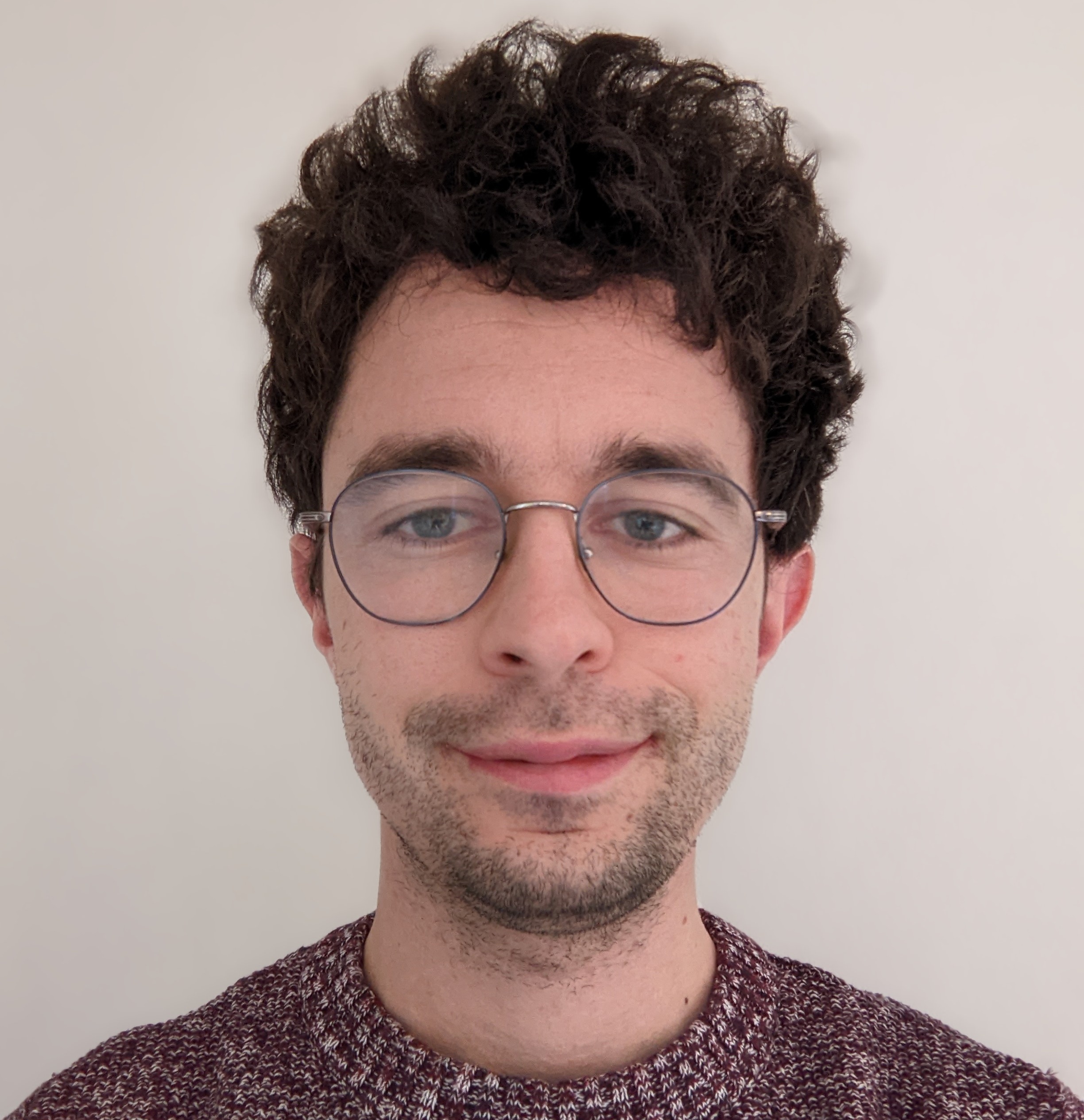 |
Postdoctoral researcher CONTACT ME |
Research interest
I joined the Gfeller Lab in January 2022, motivated by my interest in single-cell genomic analysis to decipher the gene regulatory networks governing cell fate decision, particularly during cancer development. More precisely, I am working on computational methods to simplify complex single-cell multi-omics data and to infer transcriptional regulations. Ultimately, my research aims to refine multimodal cellular identity in the tumour microenvironment and to identify novel transcriptional regulations potentially involved in anti-cancer drug resistance.
Background
I did my studies at Aix Marseille University (AMU) where I obtained two master's degrees, one in Biotechnology Engineering, at Polytech Marseille and one in Bioinformatics and Genomics. I then completed a PhD in Bioinformatics in an inter-doctoral school program of AMU within the Institut de Mathématiques de Marseille (I2M) and the Centre de Recherche en Cancérologie de Marseille (CRCM) where I studied the aging of hematopoietic stem cells through single cell RNA-seq analyses and the construction of a Boolean gene regulatory network.
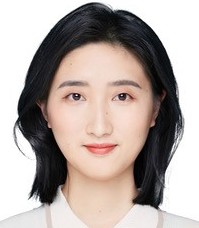 |
PhD student CONTACT ME |
Research interest
Immune recognition of cancer cells is triggered by the recognition of cancer-specific epitopes presented on HLA molecules. Understanding the properties of HLA ligands across the whole spectrum of HLA alleles is therefore key for improving predictions of epitopes. In particular, one of my interests is to investigate alternative binding modes in HLA-I ligands through analyzing Mass Spectrometry dataset with computational methods.
Background
I performed my Master's in Bioinformatics at the University of Bern. For my master's thesis, I focused on developing a pipeline that could be used to infer the sex of samples with the whole genome sequencing data. I obtained my Bachelor’s in Biotechnology from Shantou University (PRC).
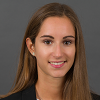 |
PhD student CONTACT ME |
Research interest
My research will focus on developing machine learning algorithms for understanding and modelling the properties of the T-cell receptors repertoire as well as modelling the interactions between T cells and cancer epitopes.
Background
I obtained my Master's in Applied Mathematics with a minor in computational neurosciences at the École Polytechnique Fédérale de Lausanne (EPFL). I did my master's thesis in collaboration with the lab of Computational Systems Biology from IBM Research Zurich where I further completed an internship. My work focused on interpretability methods with application in computational biology. More specifically, I worked on enhancing the interpretability of a semi-constraint neural network. I then continued to work with the team as an intern on a project whose goal was to explain the causal effect using a multi-task adversarial model. I joined the Gfeller Lab as a PhD student in October 2022.
|
Research associate |
Research interest
I am developing novel computational tools to study and analyze the interactions between cancer and immune cells. I am building upon large HLA peptidomics datasets and other data to build tools to predict the best candidate (neo-)epitopes that could then be used e.g. to develop vaccines against cancer or other viruses. I am also studying the tumor microenvironment, which plays a fundamental role in patients' survival and response to immunotherapy. For this, I develop tools to estimate the fraction of immune and cancer cells based directly on bulk RNA-seq data.
Background
I joined the laboratory of Pr David Gfeller in 2015 as a postdoctoral researcher and became a research associate in 2020. I had previously done my PhD thesis at EPFL, the Swiss Federal Institute of Technology in Lausanne, working in computational systems biology under the supervision of Pr Vassily Hatzimanikatis. During my thesis, I undertook a 7-month internship at Merrimack Pharmaceuticals, Cambridge, MA (USA), a company developing drugs against cancer. I had also obtained my master's at the EPFL, working in particle physics and cosmology, where, in addition to the rigor of physics, I obtained a strong background in mathematics and programming.
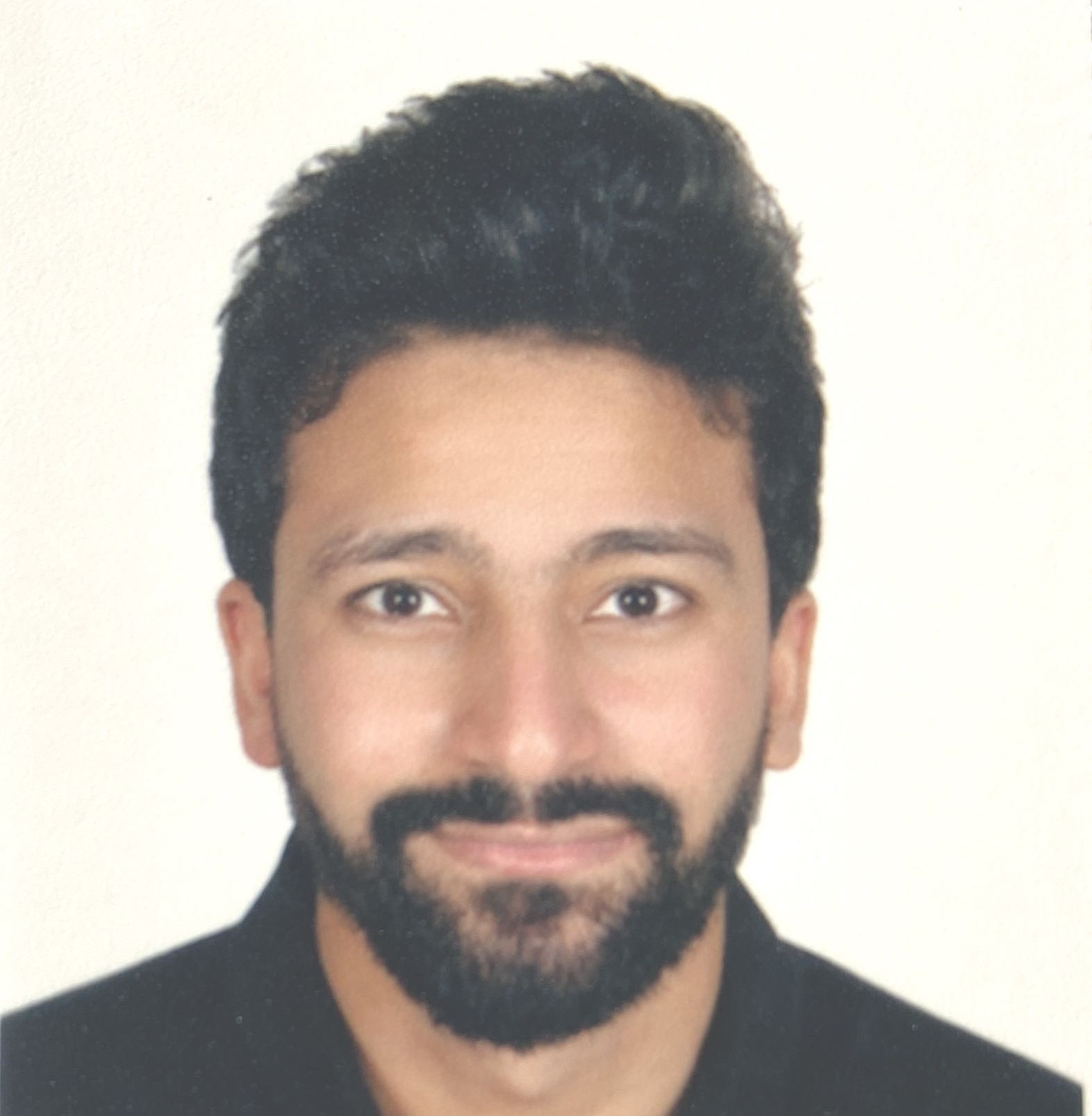 |
PhD student CONTACT ME |
Research interest
I have been working as a PhD student, under the supervision of Pr David Gfeller in his laboratory, since May 2021 on the development of algorithms for epitope predictions. The main goal of the project is to unravel the rules of antigen presentation and T-cell recognition specificity which are the cornerstone of cancer immunotherapy.
Background
I obtained my Bachelor and Masters' degrees in Life Sciences engineering from the École Polytechnique Fédérale de Lausanne (EPFL). I carried out my MSc thesis in the Medical Image Processing Lab of Pr Dimitri Van De Ville. The project focused on fMRI data processing and statistical analysis to study the dynamic properties of brain activity in preterm children.
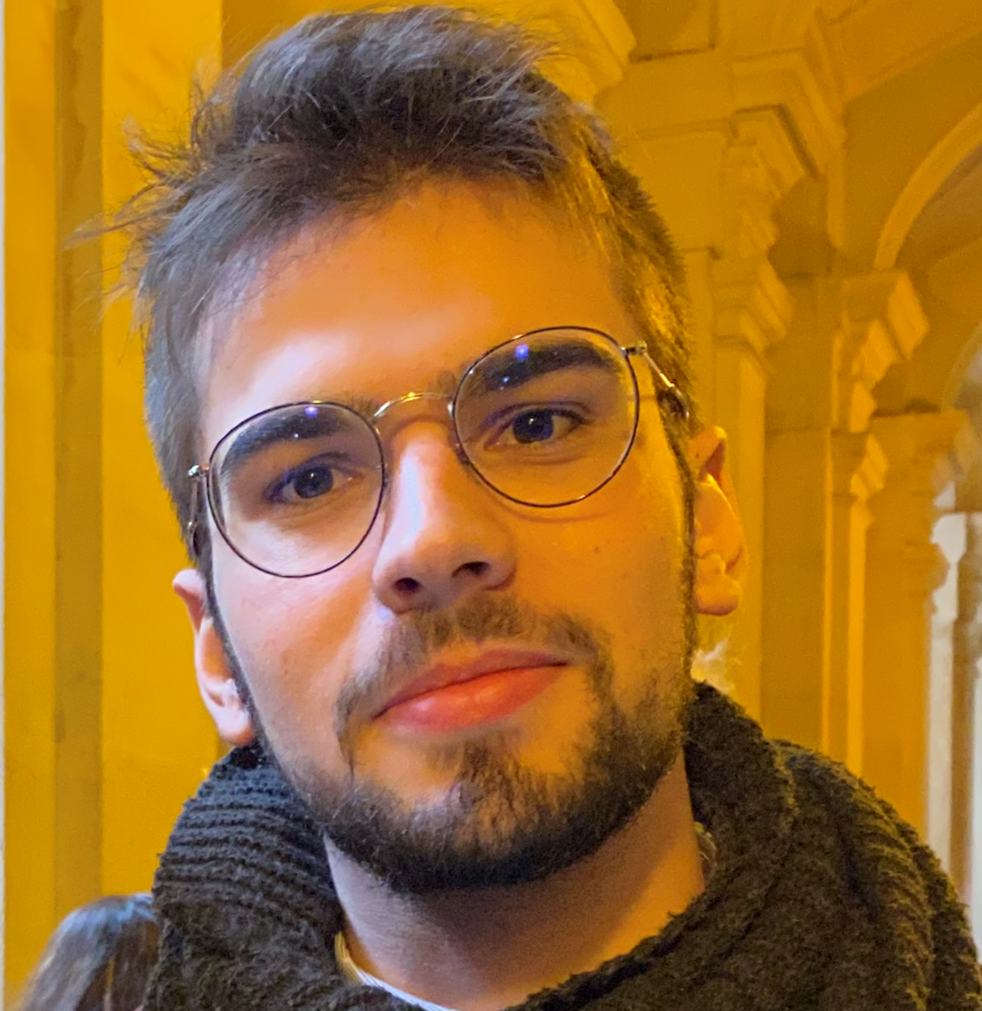 |
PhD student CONTACT ME |
Research interest
I joined the Gfeller Lab in September 2022 as a PhD student for research in single-cell analysis and development of methods inspired by the "SuperCell" concept. I'm interested in methods applied on biology interrogations.
Background
I obtained a Computational & Mathematical Biology Master's in 2021 at Aix-Marseille Université durinig which I did an internship at the Centre d'Immunologie de Marseille-Luminy within Rejane Rua's team. I was studying several single-cell datasets on which we applied different analyses (prediction of Ligand-Receptors pairs, trajectory analysis, differentially induced biological pathways, ...). I continued these analyses after the internship as an engineer.
images (c) unsplash/ian schneider-tam/helena lopes
CONTACT
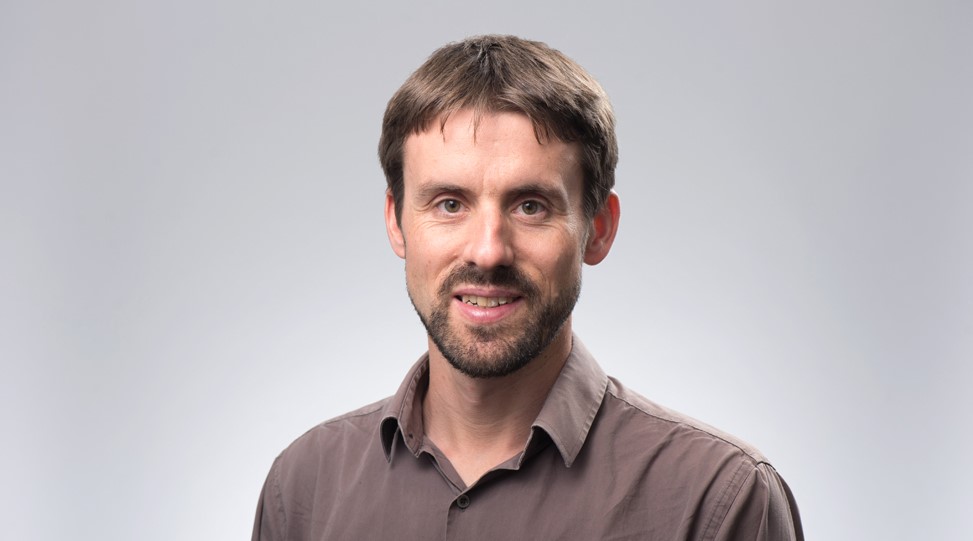
David Gfeller
Associate Professor
Ludwig adjunct scientist
Laboratory D. Gfeller
Department of oncology UNIL CHUV
Ludwig Institute for Cancer Research Lausanne
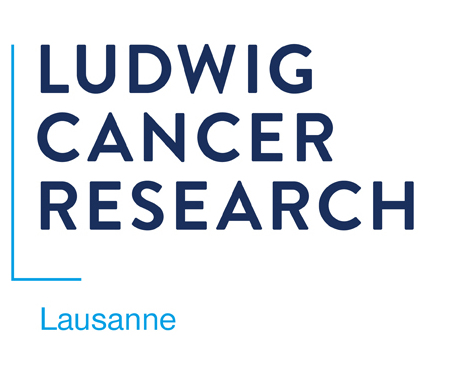
Phone +41 21 545 10 69
E-mail david.gfeller@unil.ch
The Gfeller Lab is based at:
AGORA Cancer Research Centre
Rue du Bugnon 25A
CH-1011 Lausanne
Switzerland
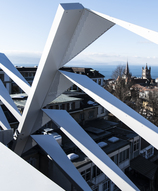

.png?t=w480)


